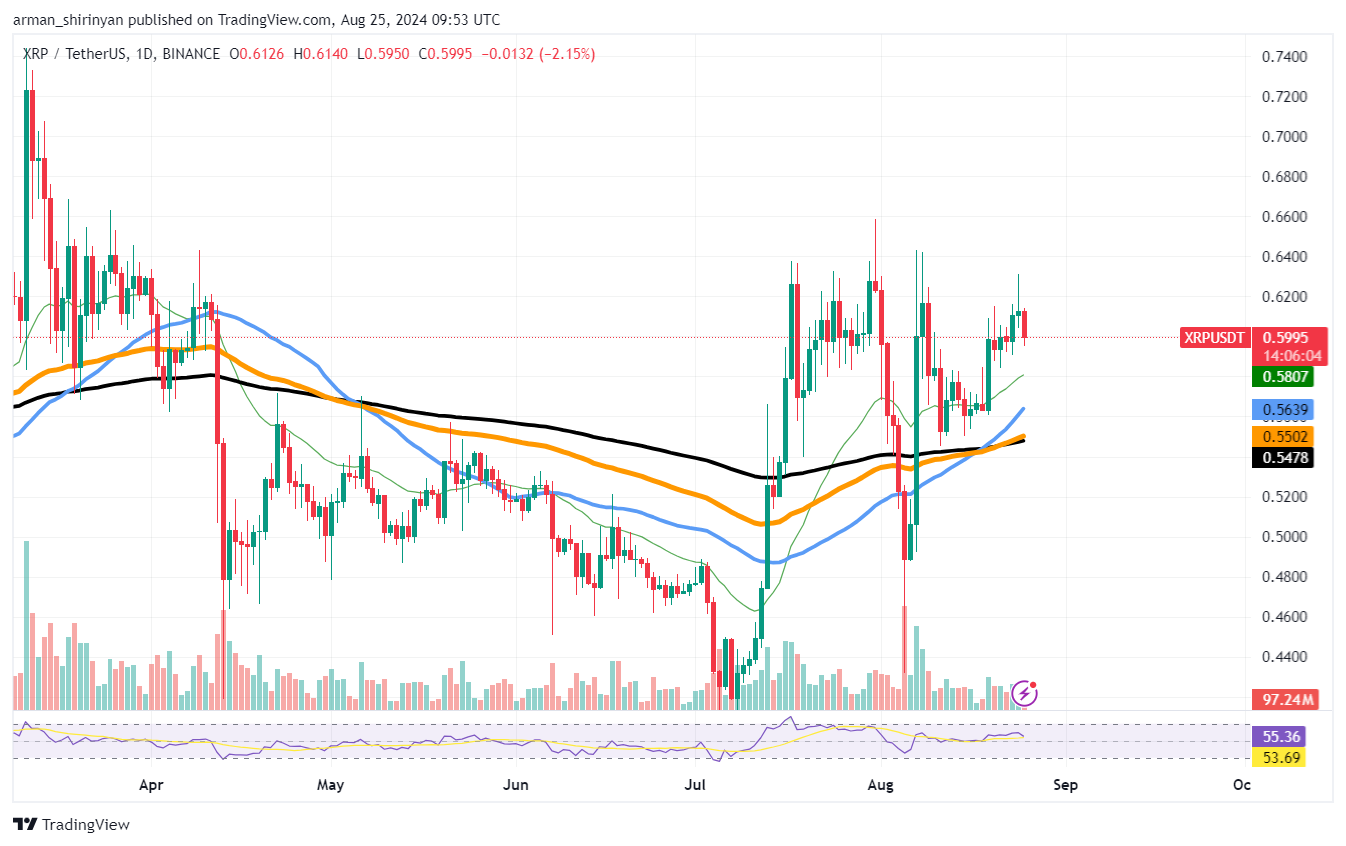In a submission to the government panel, the Securities and Exchange Board of India (SEBI) indicated that different regulatory bodies should approach cryptocurrency oversight. SEBI’s recent approach indicates a changing crypto regulatory approach in the country that is coming from a total ban by the Reserve Bank of India (RBI).
Key Details of the SEBI’s Proposal on Crypto Regulation
According to India’s SEBI, it could monitor the cryptocurrency sector involving new offerings such as initial coin offerings (ICOs). Additionally, the regulatory agency indicated that it could issue licenses for all equity market-related crypto products.
Meanwhile, SEBI informed the government that the Insurance Regulatory and Development Authority of India (IRDAI) and the Pension Fund Regulatory and Development Authority (PFRDA) should regulate all insurance and pension-related virtual assets.
As for crypto-related grievances, India’s SEBI recommended that the country’s Consumer Protection Act be implemented. The SEBI submission to the Indian government suggested that the RBI should regulate all crypto assets backed by fiat currencies.
In this regard, the RBI should further monitor concerns over crypto tax evasion and fiscal stability risk posed by cryptocurrencies.
Bigger Picture
The Indian government has been preparing to regulate the web3 industry and digital assets amid mainstream adoption in the country. Despite the country imposing a 30 percent crypto tax, using decentralized financial platforms has helped more investors operate outside the traditional banking system.
Earlier this month, the director of India’s Financial Intelligence Unit (FIU), Vivek Aggarwal, announced the return of Binance and Kocoin after last year’s ban on their respective IPs.







